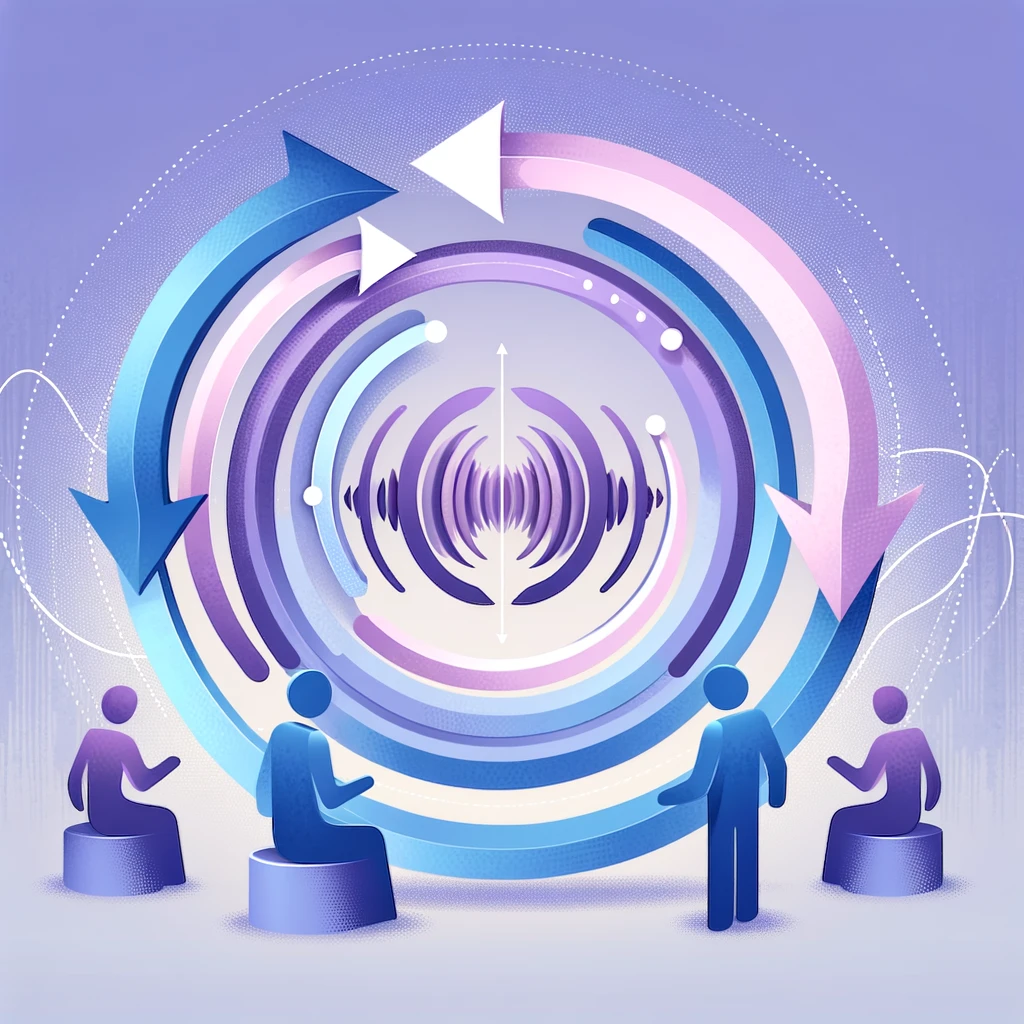Why are Rewards and Recognition so Important for Employees: Scientific Explanation
Why are Rewards and Recognition so Important for Employees: Scientific Explanation
Organizations provide rewards and recognition for employees appreciating their effort, success and achievements at work.
And in reault rewards make individuals feel valued and noticed.
There is more information about employees recognition’ benefits, but less about their importance for employees themselves.
Let’s discover from the scientific side and research field why appreciation is important for those who receive them in organizations.
Rewards matter for each employee
CIPD discusses that responses to rewards happen unconsciously and naturally in the human brain and in behavioural perspective the value of benefits for employees are more subjective. The benefits and appreciation brings sweet joy. When employees are rewarded, they feel gratitude, which in turn produces dopamine, also known as the happiness hormone. Psychology Today points out that dopamine is considered as the “reward” neurotransmitter. Positive feelings rise after reward receiving. And more importantly employees experience greater psychological need satisfaction after reward offering and receiving.
Plus monetary rewards enable employees to fulfill their basic needs of life and let them feel more financially secure.
Employees want fairness
People want to be treated equally and fairly. Behavioural science highlights that people have a natural and strong sense of fairness in the distribution of rewards and they also will compare themselves with others in distinctive ways. Employees not only compare themselves with colleagues, but also weigh fairness according to organization’s provided information and experienced and seen situations in the past. Researcher Salman Ali emphasizes that it is necessary that the employees perceive the system to be just, fair, and able to meet their intrinsic and extrinsic needs.
Researcher Melinda Kim Laundon wrote that fairness perception is connected with the transparency and availability of information about pay and reward. It means employees compare the efforts that they put in to gain the reward with the reward they received.
Grow of self-value
Rewards and recognition makes employees feel valued and important as these benefits are a vital recognition method in organizations. These benefits increase confidence level. When employees are rewarded for their knowledge and effort, they are aware of their strengths.
Money rewards bring triumph, accomplishment and enables employees to establish their status, rank and authority, says Anam Saddiqui in his study. Also recognition and other reward types increase the status and self-awareness.
Motivation drivers
Rewarding increases employees’ motivation. They are ready to produce greater work performance when their employer gives appreciation and rewards. Research shows that appreciation and bonuses positively affect employees’ performance at work.
Employees sometimes do run out of motivation and energy, so they want to get some boosts and little nuding in a positive way.
Rewards and recognition matter for employees because the reward system and practice brings fairness, letting them feel valued for their effort and work. “Thank you” delivered in many forms creates the dopamine – feel-good neurotransmitter.
After learning about reward importance for employees, inspire and find great rewarding ideas in Efectio ebook here.









